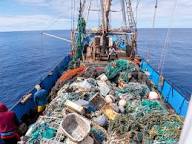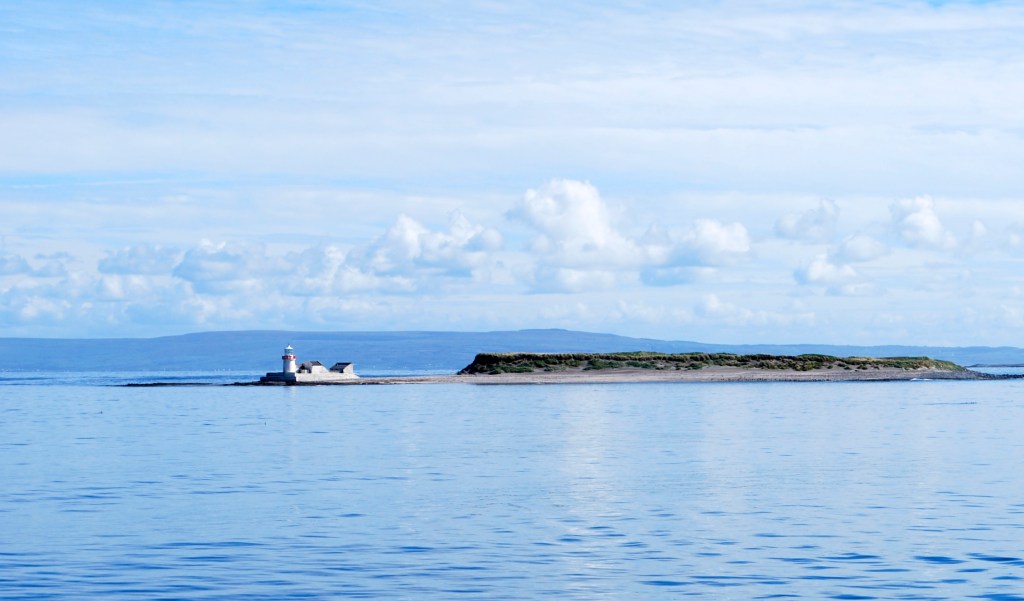Millions of tons of plastic trash litter our coastlines and ocean, from the surface to the deep sea. Our landfills are overflowing with plastic too. We are creating and using plastic at a much faster rate than we can sustainably manage it as waste.
Personal Commitment

This will be a new project on our house as we have a bit of extra time at home with COVID. We have found some ways to reduce plastic, such as with reusable grocery and vegetable bags, metal water bottles, box laundry detergent, reusable seals to avoid saran wrap, tetra pack juice and cardboard milk containers, but we still get some of our fruit in plastic, like berries, and some drinks, salad dressings, margarine and yogurt in plastic. Plastic is everywhere! We thought as a family we could just track the amount and type of plastics we bring into the house and see if we can find ways to decrease them over the next several months. It is a regular conversation we are having. Again it means not always purchasing the cheapest or most convenient item. And in this regard, we plan to make a field trip to Bulk Barn and try to set some new habits. We will report back!! Care to join us? We hope you will share your plastic reducing ideas with us in the comments.
Canada to ban single-use plastics such as bags, straws by end of 2021
“According to Ottawa, Canadians throw away three million tonnes of plastic waste each year — including 15 billion bags annually, and 57 million straws daily.”

“The Canadian Government, in collaboration with the provincial governments has set a goal to ban plastics by 2030. Plastic is polluting our rivers, lakes, and oceans, harming wildlife, and generating microplastics in the water we use and drink. Every year, Canadians throw away 3 million tonnes of plastic waste, only 9% of which is recycled, meaning the vast majority of plastics end up in landfills and about 29,000 tonnes finds its way into our natural environment.In this effort they have set a ban on the following single use plastics that are often not recycled and have readily available alternatives: plastic check out bags, straws, stir sticks, six-pack rings, cutlery and food ware made from hard to recycle plastics. Comments back to the government are welcome until December 9, 2020. (Maybe you can write in and let your feelings be known. I want them to ban plastic that raspberries, blueberries and strawberries come in so I do not have to feel bad eating these healthy fruits.) As well the government is emphasizing new and innovative solutions to prevent, capture and remove plastic pollution from the environment. This can reduce 1.8 million tonnes of greenhouse gas emissions per year and create approximately 42,000 jobs across the country.” https://bit.ly/3jZeBZG
The Ocean Foundation Redesigning Plastics Initiative
“The Ocean Foundation will pursue science-informed national legislation in plastic-producing countries to require reengineering of the chemistry of plastic itself, redesigning of plastic products, and limiting what is made from plastic. The Initiative will move this industry from Complex, Customized and Contaminating to make plastic Safe, Simple and Standardized.” https://bit.ly/32gmdRu
4oceans: Pull a Pound of Trash and Plastics From the Ocean and Coastlines by Buying a Bracelet
Bluefin tuna are top ocean predators so they are uniquely vulnerable to both plastic and chemical pollution, but are a prize catch for fishermen. When you purchase a Bluefin Tuna Bracelet, for about $20-$30 you funds got to pull a pound of trash from the ocean and help raise awareness about the ocean plastic crisis. These bracelets are made with recycled materials recovered by 4oceans employees, and the cord is made with recycled PET plastic bottles, while the beads are made with recycled glass bottles. They are hand assembled by Balinese artisans and adjust to fit from 2″ to 5″ diameter, are unisex in design, and 100% waterproof. They sell other items as well. Check out this sale!!
Clean Up of the Great Pacific Garbage Patch
In researching on Wikipedia about the Great Pacific Garbage Patch, we were encouraged that in the summer of 2019 and 2020 Ocean Voyages Institute conducted a cleanup of 425,000 pounds of polymer nets and consumer plastic trash using customized GPS satellite trackers.

“The clean-up mission of the Great Pacific Garbage Patch (located between California and Hawaii) this year began on 4 May at the Hawaiian port of Hilo, following a three-week quarantine period for all crew members, and ended in Honolulu 48 days later. Sailing on Ocean Voyages Institute’s marine plastic recovery vessel, the crew successfully removed 103 tons (206,000 lbs) of fishing nets and plastic from the area known as the Great Pacific Garbage Patch, completing the “largest open ocean clean-up in history.”
“In Honolulu, Ocean Voyages Institute crew returned with a cargo hold full of ghost fishing nets and toxic plastic debris for the second time this summer. While docked in Honolulu, the ship’s crew will sort the debris into various types of plastics for upcycling and recycling with help from local volunteer groups.”

“Founder Crowley says “Now I feel like we are on a roll, and the support from around the world has been so encouraging, I know we will reach our million pound goal and keep going cleaning our oceans and encouraging major changes in the use of plastics.””
“Ocean Voyages Institute has received numerous awards, including United Nations (UNEP)’s “Climate Hero Award,” and Google Inc.’s “Earth Hero Award.” https://bit.ly/350WDS7
This might be a great non-profit organization to consider supporting.

We will be following up on this topic with a blog on Oceans, and how to show kindness to our Oceans. Thanks for being here and we hope you will continue to read along.



Great articles Lucy and Catherine. So true that we have to work harder at reducing all the plastics in our life. Thanks for this!
LikeLiked by 2 people
Yes. Good bye to plastics. Thank you 😊
LikeLike